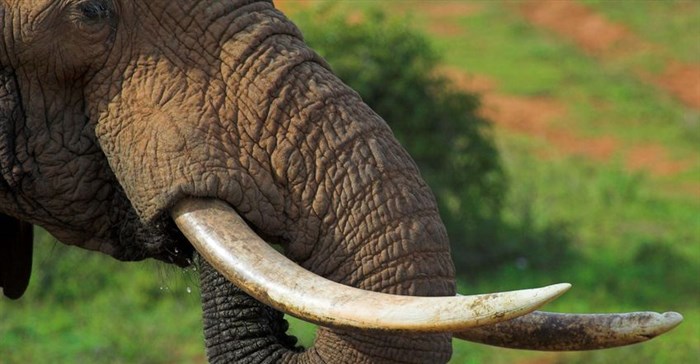
Top stories






More news


Marketing & Media
Ads are coming to AI. Does that really have to be such a bad thing?














On Friday, 18 December, Thailand said it had seized 789kg of ivory at Samui International Airport in Surat Thani Province on 10 December. The ivory had been smuggled from Nigeria via Singapore.
The 2,2 tonnes of ivory in 835 individual pieces adds up to nearly seven tonnes the amount of ivory seized by Vietnam in just five large-scale confiscations this year.
The global security agency Interpol recognises large-scale seizures of 500kg and more as an indicator of organised crime behind illicit ivory trade.
It is at least the second consignment of ivory seized by Vietnam this year identified as being from Mozambique.
In August in Da Nang, Vietnam law enforcers grabbed 3,903 tonnes of illegal ivory in three separate confiscations, and in late November a further 860kg of ivory was seized smuggled over the border from Taiwan. Thursday's seizure was found concealed aboard a ship which had docked at the northern port of Hai Phong in late November. The container vessel was of Mozambique origin.
The International Fund for Animal Welfare said that while it applauded Vietnam's tough stance against trafficking and the confiscation of illegal ivory and other wildlife, it was crucial that governments looked beyond seizures as the answer to disrupting trafficking.
"Seizures of ivory are always good news in the fight against poaching and illegal trafficking because they indicate improved levels of law enforcement, but seizures are the public face of a very tragic scenario that is killing up to 50,000 elephants a year and shows no sign of abating," said Kelvin Alie, director of IFAW's Wildlife Trade Programme. The IUCN says the African elephant population currently stands at 470,000 down from 550,000 in 2006.
"Unfortunately, their successes are only proving to highlight the extent of the problem. If we are to save elephants we need to address every link in the ivory chain. That means stopping the killing, stopping the trafficking and stopping the demand," said Alie.